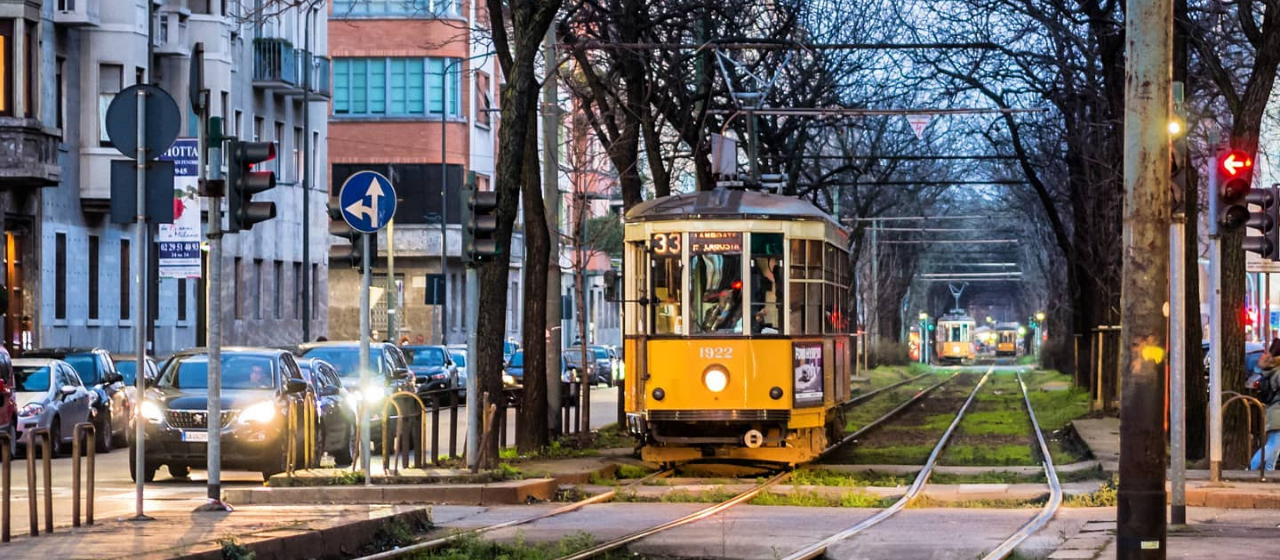YESMILANO WIRE, UPDATE MARCH 8th 2021
This week: Milano is an academic powerhouse, circular economy, Klarna opens tech hub in Milano

Every week, three news items on the upcoming future of Milano and its metro community.
The QS World University Rankings (where QS stands for Quacquarelli-Symonds) is considered a reference for academic performance by all higher education administrators around the globe.
Covid or not, Milano remains an academic powerhouse.
The Politecnico di Milano has seven of its programs ranked among the top 50 in the world. In particular, what its students and faculty affectionately call “il Poli” excels in Design (5th place in the world) and Architecture (10th place), as well as Engineering (20th place) and Computer Science (44th).
For its part, Bocconi is the seventh university in the world for studies of Business & Management and in the top 20 for Social Sciences (16th place).
The Università Cattolica del Sacro Cuore (aka “la Cattolica”) is among the top 150 universities in the world for Communication & Media Studies and among the top 200 in Economics.
The Bicocca University of Milan, which is the best Italian academic institution in terms of the number of citations collected by its researchers, gains several positions.
Finally, the University of Milan (known as “la Statale”), is solidly among the top 100 in the world for Medicine and stands out the quality of its research on SARS-CoV-2.
Among the top 100 university institutions in the world for Art and Design, there is also NABA, the new academy of fine arts in the south of the city Milano&Partners has signed a creative partnership with, for its YesMilano media campaign dedicated to the city's neighborhoods.
From 12 to 14 March, a class of NABA students will be involved in the Design Marathon, which can be followed on social media.
City AM, the free daily many Londoners read on the Tube, notes that circularity will be a key feature of the post-Covid economy.
In this respect, the City of Milan stands out for its municipal trucks which “collect surplus food from households, commercial properties and schools, and transport it to an anaerobic digestion and composition plant. Once processed, biogas is injected into the local gas network and compost is used to fertilize farmland surrounding the city.”
City AM goes on to note that in Milan the circular economy linked to the recycling of organic waste reduces quantities sent to landfills, producing fertilizer for farms in the surrounding area and producing methane for distribution to end consumers and industrial users.
The newspaper concludes by warning that the circular economy is matter of life and death for companies competing in the post-pandemic market: “The businesses that take this moment to get ahead of the curve and take advantage of the economic, brand and environmental benefits that circular models can bring, will be those who live to fight another decade.”
Assisted by the Foreign Direct Investment division of Milano&Partners, working with Italy’s Institute of Foreign Trade, Promos Italia and Invitalia, the Swedish fintech giant Klarna will enlarge its operational presence in Milano and hire 80 people, including IT engineers, software developers, technicians and sales personnel.
The intent is to create a veritable tech hub in Milan’s burgeoning fintech environment and tap into the profit opportunities of an expanding regional market.
Klarna is EU leader for smart payments and is making significant inroads in the US market.
It boasts 90 million users worldwide and recently raised more than $1 billion in funding from Wall Street investors, putting its valuation at a hefty $31 billion.

 Log in
Log in